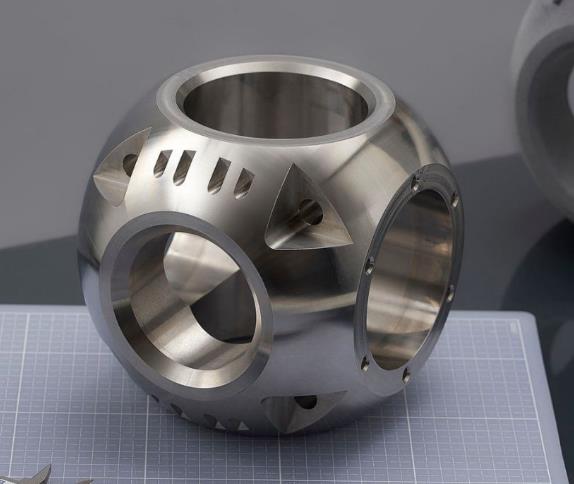What Advances Does CNC Precision Turning Bring?
Introduction
CNC precision turning has revolutionized the manufacturing industry by introducing significant advancements in terms of efficiency, accuracy, and versatility. Let's explore the specific advances that CNC precision turning brings to the table.

Enhanced Precision
Microscopic Accuracy
- Tight Tolerances: CNC precision turning achieves extremely tight tolerances, often within microns, ensuring unparalleled precision in machined components.
- Repeatability: Advanced CNC controllers and feedback systems ensure consistent part-to-part accuracy and repeatability, meeting the most stringent quality requirements.
Complex Geometries
Multi-Axis Machining
- Multi-Axis Capability: CNC precision turning machines equipped with multiple axes enable the machining of intricate and complex geometries.
- Simultaneous Operations: Simultaneous machining operations on multiple axes allow for the production of complex shapes and contours in a single setup.
Reduced Lead Times
Faster Production
- High-Speed Machining: CNC precision turning machines operate at high speeds, resulting in faster production rates and shorter lead times.
- Efficient Tool Changes: Automatic tool changers and optimized tool paths minimize tool changeover times, maximizing machine uptime and productivity.
Cost Efficiency
Minimized Material Waste
- Material Optimization: CNC precision turning optimizes material usage, minimizing waste and reducing material costs.
- Lower Labor Costs: Automation and streamlined workflows reduce labor costs associated with manual machining processes.
Versatility
Diverse Materials
- Material Compatibility: CNC precision turning machines can handle a wide range of materials, including metals, plastics, and composites.
- Flexibility: From aluminum and stainless steel to brass and titanium, CNC precision turning accommodates various materials for diverse applications.
Surface Finish Quality
Fine Finishes
- Smooth Surface Finishes: CNC precision turning produces smooth surface finishes without the need for secondary operations.
- Surface Integrity: Superior surface integrity and finish quality enhance the aesthetics and functionality of machined components.
Automation
Lights-Out Manufacturing
- Unmanned Operations: CNC precision turning facilitates lights-out manufacturing, allowing for unmanned operation during off-hours.
- Continuous Production: Lights-out manufacturing maximizes machine utilization and extends production capabilities without additional labor costs.
Environmental Sustainability
Reduced Environmental Impact
- Energy Efficiency: Modern CNC precision turning machines incorporate energy-efficient features to minimize energy consumption.
- Material Recycling: Optimized material usage and minimized waste contribute to environmental sustainability through resource conservation and waste reduction.
Conclusion
CNC precision turning brings a host of advances to the manufacturing industry, including enhanced precision, the ability to machine complex geometries, reduced lead times, cost efficiency, versatility in material compatibility, superior surface finish quality, automation capabilities, and environmental sustainability. By leveraging these advancements, manufacturers can achieve higher productivity, lower costs, and superior quality in their machined components.
For more information about CNC precision turning, visit CNC precision turning.